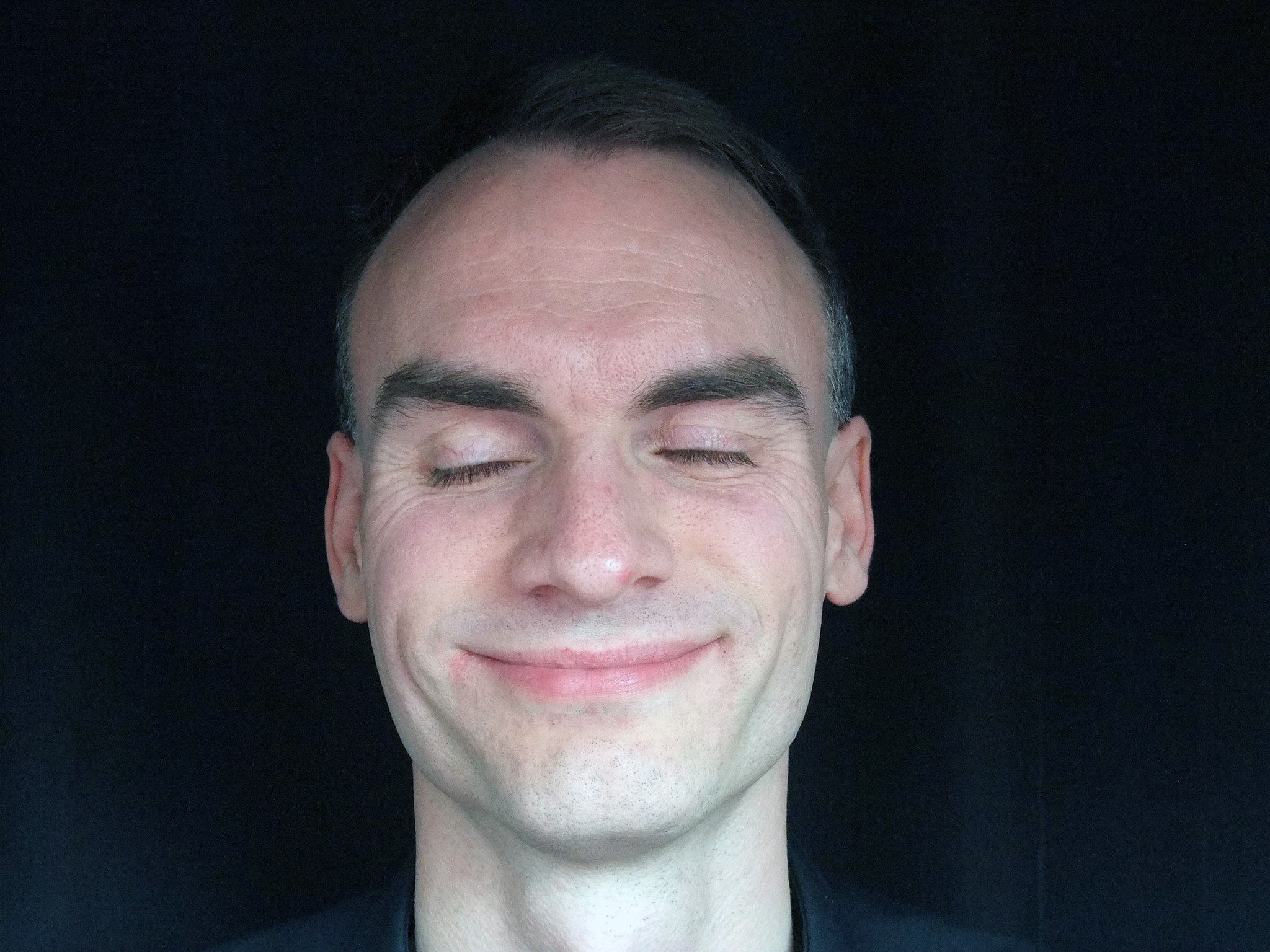Google “gratitude” and the articles are damn near infinite.
“Gratitude: How to Change Negative Beliefs, Be Happy, And Become Successful.”
“How to Hack Gratitude”
“8 Ways to Have More Gratitude Every Day”
Part of me wants to roll my eyes. What do these people mean by “gratitude?” Do they actually feel appreciation? Or are they just trying to appear like a good person?
Maybe they’re just guilty for having privilege. A, “I should feel grateful because there are starving kids in Africa,” sort of thing.
But that’s because I’ve never understood what gratitude is—until now.
One of my goals for the rest of the year is to do Tibetan tonglen for five minutes every morning. Tonglen is a “giving and taking” meditation practice. You imagine someone who is suffering and breathe in their pain as dark, polluted air. Then you breathe cool, healing air towards them.
The idea is to develop compassion for ourselves and others. The Zen Buddhist teacher Roshi Joan Halifax says that tonglen “asks us to invite suffering into our being and let it break open the armor of our heart. The tender spaciousness that arises awakens selfless warmth and compassion.”
Tonglen is becoming a doorway to an emotion I’ve been rolling my eyes about for years: gratitude.
This morning I imagined my grand aunt who recently fell and broke her wrist. I felt compassion, sure. I don’t want her to suffer any longer. But I also felt appreciation for the fact that my body is in good shape. That I have my health. That I’m not cooped up alone and hurting during coronavirus.
And it wasn’t an intellectual thing. It wasn’t a should, like, “I should be grateful because I’m healthy and others aren’t.” It was an organic sense of appreciation in my body. My shoulders softened. The center of my chest—dare I say it, my heart—became tender.
As the Buddhist teacher Pema Chödrön writes, tonglen “is designed to help ordinary people like ourselves connect with the openness and softness of our hearts.”
For a brief moment, maybe a few seconds, I was in awe of this life that I’ve been given. I was aware—in my bones—that it all could be gone tomorrow.
The thing about gratitude—the heart wrenching thing—is that once you start feeling it, you start feeling it for everything. “Gratitude needs practice,” writes the palliative care social worker Stephen Jenkinson, who has been with hundreds of the dying. “Gratitude for the things that don’t seem to help, that aren’t sought out or welcome—that’s a demanding kind, and it is needed in hard times.”
This morning, I also felt gratitude for my bum knee. I appreciated the parts of my heart that are broken from losing people I love. For a few seconds, I even was grateful for coronavirus giving me the opportunity to slow down and be with myself.
I’ve learned so much from the pain I’ve been through. From the perspective of gratitude, it’s all a gift.
That’s gratitude—even if it makes me want to roll my eyes.
I’m a writer, meditation teacher, and host of the Meditation for the 99% podcast. If you’d like to work with me on your meditation practice or being more mindful in your life, reach out.
Download my free ebook on starting and sticking with a meditation practice here.
